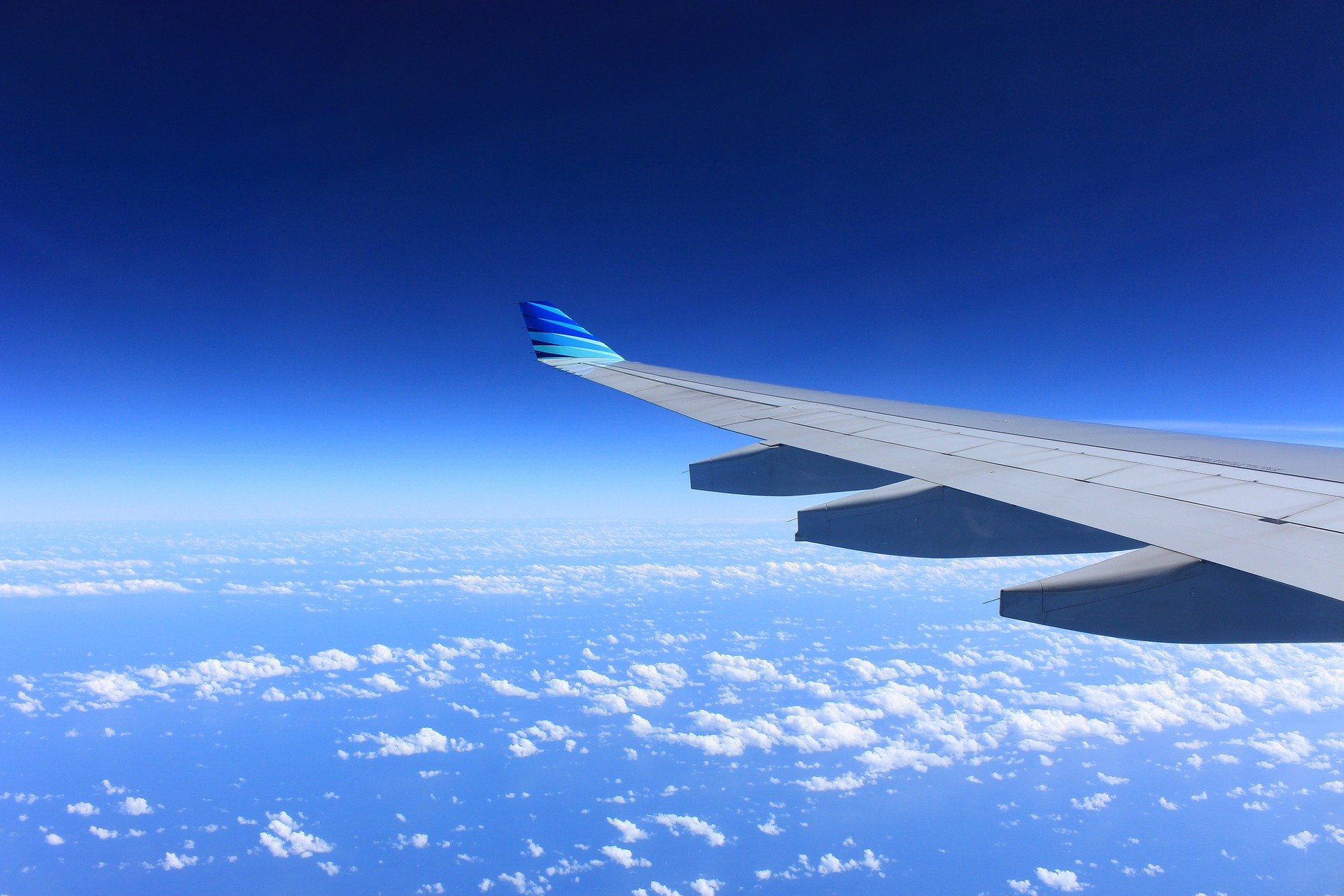Airlines are upset with Spain and expectant to hear what the European Commission says. The International Air Transport Association (IATA) has declared its opposition to the coronavirus quarantine imposed by Spain on arriving travellers, warning that it will worsen the recovery of the sector because travel will be "impractical". The airline lobby criticizes the fact that Spain and the United Kingdom have established restrictions of this type and says that travel cannot be reactivated under these conditions, because, according to its data, 70% of passengers will not fly if they have to self-isolate for 14 days.
Instead, the airlines propose, as an alternative, a series of security measures at airports and planes, such as banning boarding for any passenger who shows symptoms after a temperature check, or requiring a health declaration to travel. IATA is also considering creating immunity passports or carrying out near-instantaneous coronavirus testing.
The European Commission does not support either of these two proposals because it does not see sufficient "scientific evidence" of their effectiveness right now, EU vice president Margrethe Vestager told a news conference on Wednesday afternoon.
On the other hand, in its recommendations to reactivate mobility in the EU, the Commission considers the wearing of masks is necessary, both inside the airport and during the flight. In addition, as a way to encourage tourism after the pandemic, it recommends that airlines offer vouchers for one year for flights that could not be taken, although if the customer prefers reimbursement, the money must be returned.
Empty middle seat not required
Contrary to Spain's proposal, the European Commission does not consider it necessary to leave empty the middle seat in a row of three, considering that travel can be made safe with the plane full as long as other protection measures are applied. The airline lobby had warned that imposing social distancing on aircraft would involve a 50% increase in the price of tickets, as it would thus be impossible to fill planes, endangering the viability of the low-cost market above all.
The EU authorities stress they are committed to maintaining safe distance between passengers, whenever it is possible, but Vestager assures that "you can fly safely without this distance" if there are other protection measures imposed. Despite this, the Commission's recommendations warn that the risk of infection can be "mitigated" but "not eliminated".
IATA says another idea, changing the orientation of the middle seat, is also not feasible because it would merely transfer the risk to a different passenger, while the installation of protective screens between seats would be dangerous in the event of an emergency evacuation. However, the airlines are still waiting for the technical operational guidelines that will constitute the European Commission safety protocol for aviation. The document will set out how to strengthen ventilation, limit the risks of pollution, reduce cabin movements or manage passenger flows.

